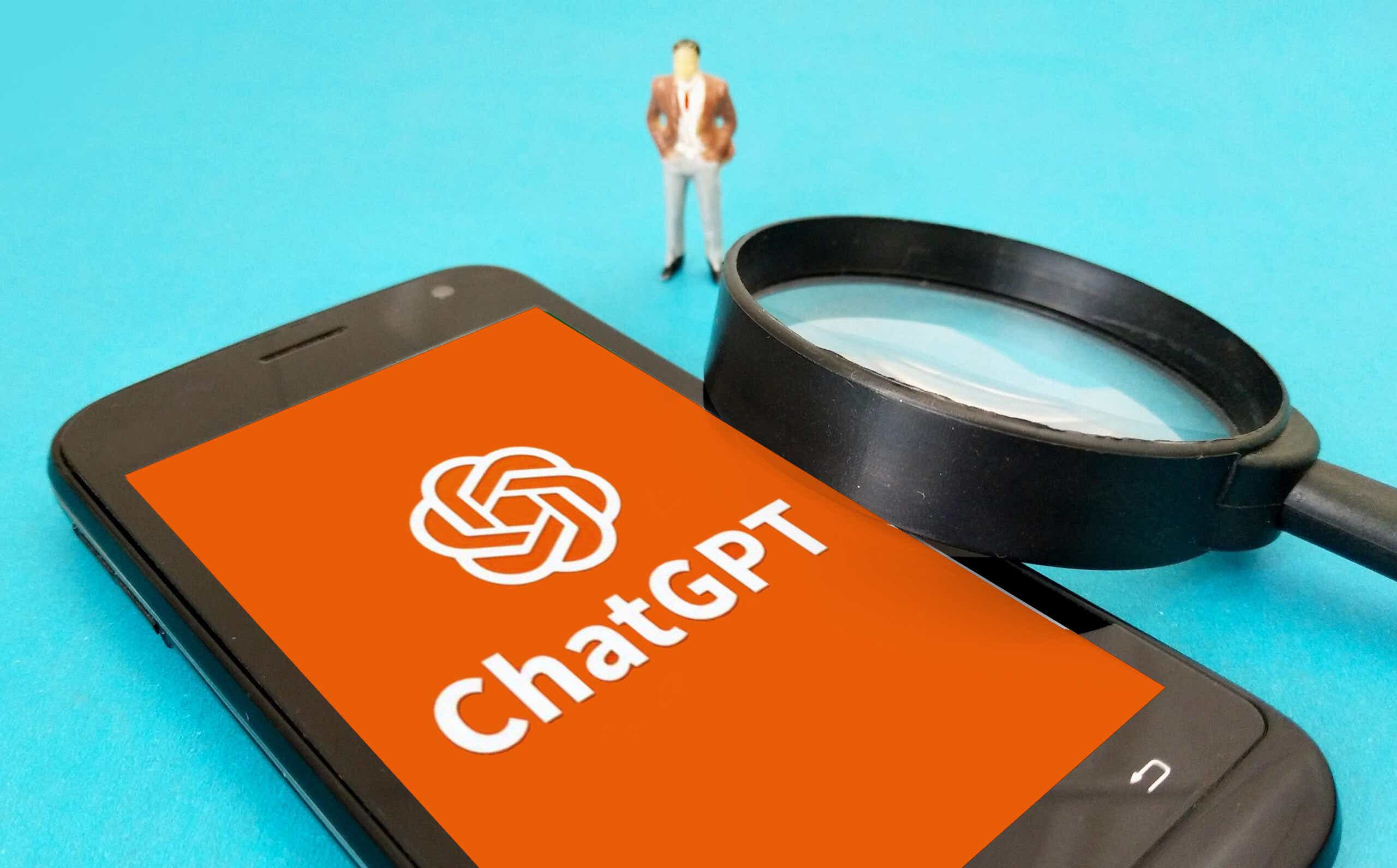ChatGPT, the AI tool that can generate anything from poetry to college essays, to news articles (not this one, we promise), may have an even more ominous application if a recent New York Times essay is to be believed. Here’s the deal.
A little background
ChatGPT is an online chatbot that responds to written prompts. Its potential applications in customer service and even journalism have many commentators hot under the collar — though experts assure us that it’ll be some time before AI has the critical thinking faculties or nuanced ethical insight to trump humans.
Nevertheless, its responses are so sophisticated and convincingly authentic that universities are already having to restructure how they assess students, swapping at-home essays for supervised exams. The work that ChatGPT produces is often so superior that teachers like Antony Aumann, a professor of philosophy at Northern Michigan University, are asking their students to incorporate analysis of ChatGPT’s answers into their learning.
“What’s happening in class is no longer going to be, ‘Here are some questions — let’s talk about it between us human beings,’” he told The New York Times. Instead “it’s like, ‘What also does this alien robot think?’”
The next frontier
While plagiarizing essays is no small matter, there’s an even more serious threat on the horizon. Writing for the NYT, data scientist Nathan E. Sanders and security technologist Bruce Schneier warn that artificial intelligence like ChatGPT could have a seismic effect on our democracy by replacing humans in the lobbying process.
They say that ChatGPT could write letters to newspaper editors, write comments submitted in regulatory processes, and eventually, AI systems could exploit policymaking weaknesses by targeting key legislators. Human lobbyists develop their expertise over decades, but AI learns much more rapidly, meaning it could respond nimbly to changing world events. As Bloomberg’s Tyler Cowen writes:
“ChatGPT seems to do best when there is a wide range of relevant and available texts to train from. In this regard, the law is a nearly an ideal subject.”
Cowen predicts that the commenting process could be broken within a year. Sanders and Schneier see even greater issues up ahead.
“Right now, the only thing stopping a ChatGPT-equipped lobbyist from executing something resembling a rhetorical drone warfare campaign is a lack of precision targeting,” they write. “A.I. could provide techniques for that as well.”
According to a Stanford University study published earlier this month, ChatGPT is already capable of determining whether government bills are relevant to companies with 75.3 percent accuracy. It can draft a letter to Congress, and even suggest recommendations for amending the bill in question.
John J. Nay, the study’s author, writes that AI’s “performance on corporate lobbying-related tasks will continue to improve. Longer-term, if AI begins to influence law in a manner that is not a direct extension of human intentions, this threatens the critical role that law as information could play in aligning AI with humans.”
He explains that while initially, AI may just provide support to human lobbyists for “a small proportion of their daily tasks,” firms will be incentivized to use “less and less human oversight” over automated assessments of policy ideas, as well as written communications to regulatory agencies and Congressional staffers.
Nay warns that an over-reliance on AI in legislative decision-making could eventually shift outcomes further from what citizens actually want, and overlook human-driven goals. Still, as Sanders and Schneier note, the biggest institutions will still have the most lobbying power. Insiders and money will always offer an advantage. So while the future looks uncertain, one thing seems likely: AI lobbyists will make the already disparate political landscape even more extreme. The already influential will become even more so, and the noise that smaller parties have to shout over in order to be heard will become louder than ever.









